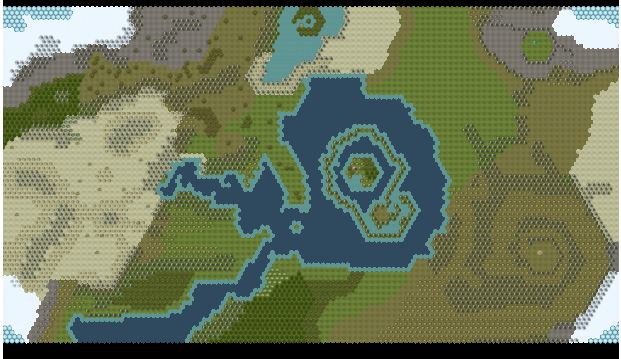

Beginning in the 13th century with the nearly 650 year rule of the powerful Habsburg Monarchy, Austria emerged as one of the premier nations of Europe, establishing strong alliances and far-reaching trade agreements across the continent. Along with their unique Industrial Era unit, the Hussar, it gives you a boost in the middle game and the possibility for expansion.ĭeriving its name from the Old High German term "Ostarrichi" first recorded in 996 by Holy Roman Emperor Otto III, the small, landlocked nation of Austria has long been an influential player in the political and military sagas of Europe. The Austrians also have an interesting unique building: the Coffee House, which gives a considerable boost to Great Person generation in addition to its Production bonus and can be constructed everywhere (unlike the Windmill, which can only be built in cities on flat lands). You will absolutely need Commerce as a Social Policy track, because it affords more Gold and greater ability to buy Influence from city-states. Your ability to quickly acquire new cities and units makes both domination and scientific victories feasible, so think carefully about what kind of victory you're heading for, and remember not to use Diplomatic Marriage too much if you're intent on pursuing a diplomatic victory. Therefore, it is worth your while to consider pursuing another victory condition. Since city-states are present from the beginning of the game and won't lose their territory to other civilizations' cities, this can turn out to be a great boon in the middle and late game, when expansion space dwindles and the fight for resources becomes ever more ferocious.Ĭontrary to what the unique ability's name suggests, the fact that you lose delegates when you annex an allied city-state isn't always a great thing for an empire going for a diplomatic victory (although with fewer city-states in the game, fewer votes are needed to win). Still, it is a very good alternative to expansion in exchange for Settlers, and because it allows you to instantly acquire fully developed cities in remote locations. You'll also take a big hit in Happiness due to the extra citizens. However, you should use this ability sparingly, because city-states acquired this way will lose their status as a city-state, and you will also lose all benefits from alliances such as Culture, Faith, or Food boosts per turn, any bonus resources or Science acquired from the policies of the Patronage tree, and delegates for the World Congress. This unique ability is superior to the similar feature of the Venetian Merchant of Venice, because you may either Puppet or fully Annex the City-State, and also because you don't need a unit to do this. A city-state acquired in this way immediately becomes part of your empire, without any Resistance or damage to buildings and Population, and with all of its units intact! The exact price scales with the progress of the game (and the development of the city-state), starting from around 500 Gold in the Ancient Era and reaching more than 1000 Gold in the Information Era.

Austria's unique ability allows you to spend Gold to acquire allied city-states without having to conquer them by military means, provided the city-state remains your ally for at least five consecutive turns.


 0 kommentar(er)
0 kommentar(er)
